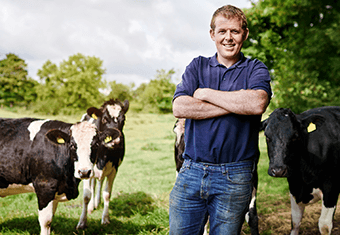If you have a family business, it may be useful to have a family constitution in place. These documents, also known as family charters or family protocols, provide a framework for engaging with family members involved in the business. They also take in related investment companies, the family office, and the trustees of family trusts.
A family constitution is a written statement that records the family’s heritage, culture, hopes and aspirations for future success, and plans how to achieve that success. The document enables the smooth running of family affairs and interests by containing a number of provisions for different events.
What should be included?
To arrive at these provisions, a family will need to consider the following questions:
- Where do we come from?
- Where are we now?
- Where do we want to go?
- What are our guiding principles?
- Should the business always be owned by the family?
- Can the family release their interest in the business, and if so, on what terms?
- What criteria should there be for employment of family members in the business?
- How do we make decisions?
- Who should lead?
- Should that leadership rotate?
- How often should we discuss succession?
- Should there be a family council?
- Should there be any associated provisions, and if so, what?
Planning ahead
Though a family constitution is not binding, it helps to avoid potentially catastrophic fall-outs by anticipating what should happen should a major family event occur. Having such a document means the family is not forced to take decisions in the heat of the moment, perhaps in very difficult circumstances, but has actively planned for different eventualities.
Involve everyone
When preparing this document, each family member has the opportunity to express their views on the questions above. Although not everyone may like the outcome of any particular decision, they will respect that they have been consulted, and have taken part in framing the constitution, and are less likely to protest if decisions are not in their favour.
Amanda Simmonds TEP, Senior Associate, Private Client, Lupton Fawcett, Leeds
 UK
UK  Canada
Canada

